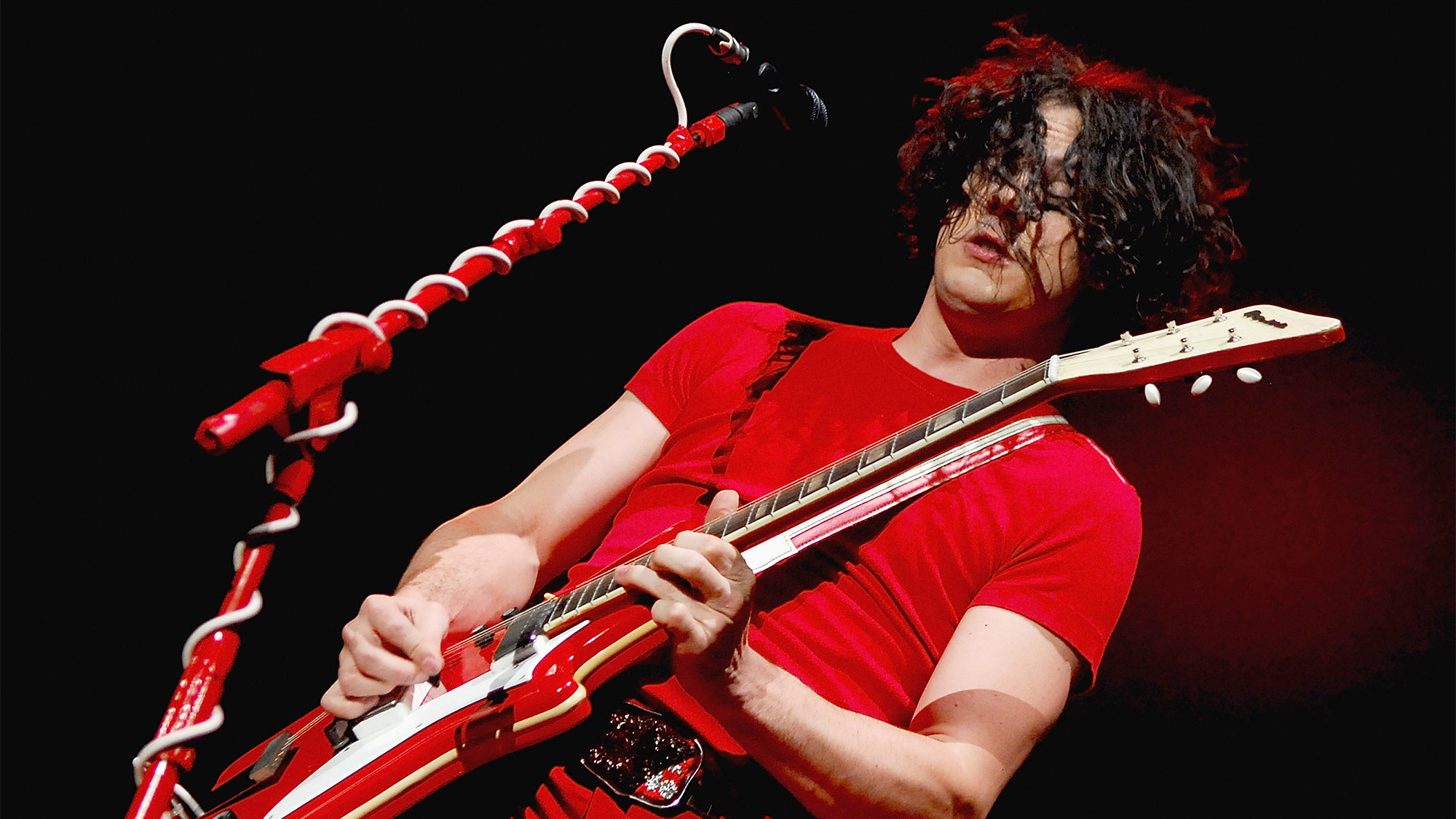”If you don’t get your act together, then you can’t expect your band to be.” Session player and bandleader Ben Misterka shares his wisdom on playing savvy in the post-pandemic world
With performance budgets crunched to the max, life on the road these days is more challenging than ever. Here’s how to make the most of your opportunities

All the latest guitar news, interviews, lessons, reviews, deals and more, direct to your inbox!
You are now subscribed
Your newsletter sign-up was successful
In the new normal, there are fewer venues, everything is more expensive and everyone has less time to rehearse. Communication is crucial to maximize opportunities. Here are suggestions based on my experience as a bandleader and former editor of Gig magazine, as well as input from ace guitarist Ben Misterka.
Ben works with acts of all stripes, from hip-hop sensation Lyrics Born to R&B star Goapele, and he leads the fusion ensemble Collectivity using a rotation of top-shelf players, including bassist Uriah Duffy (Fantastic Negrito, Whitesnake, Points North). Preparing to fuse together a group for a gig at one of the most demanding venues — the week-long Burning Man festival — we exchanged ideas about leading a band.
COMMUNICATION KEYS
It’s never been easier to communicate, and, in turn, to miscommunicate. For example, group text is a cool tool, but not one to misuse or overuse. We all appreciate a little love and laughter here and there, but try to keep the string on point and timely. Hyper-active text strings are distracting and difficult to track. Show respect. Issues that aren’t so time-sensitive or that involve a lot of detailed ideas are better addressed via email, Zoom or in person.
Of course, gig opportunities can fly by and need to be addressed ASAP.
Misterka says that “when it comes to being a professional musician, lesson number one is, Learn to communicate better. A quick reply that you’re busy and will answer in full later is better than leaving your bandmates waiting.”
KEEP TRACK
All the latest guitar news, interviews, lessons, reviews, deals and more, direct to your inbox!
An up-to-date digital performance calendar is crucial. Try to get everyone onboard, or it will be tough to pursue a gig, let alone lock it down. A booking agent won’t touch an act that doesn’t have an inclusive up-to-date calendar.
In my experience, unless a date is blocked out, it’s fair game for a gig, and once a show is scheduled, the act is committed. A group calendar is an all-in proposition, as it does more harm than good to have dates appear available that really aren’t. The bottom line is an act with a dialed-in calendar has an advantage.
Misterka’s approach is a little different, due to the alternating nature of his band lineup. “Every Collectivity gig is different, so I keep a personal gig calendar, not a group one,” he explains.
“Top players are always busy just trying to make a living these days, so I use a Google Sheets spreadsheet with lines dedicated to various instruments. I have multiple players at each position divided on the page into A, B and C teams. I check off each name that I’ve called to keep from accidentally re-contacting the same player.”
CREATE AN ONLINE HUB
Include a Gig Details document for each date. Crucial information includes parking, timeline, hospitality, guest policy and compensation. If it’s a bona fide partnership, be transparent. Otherwise, keep business on an individual basis. Other essentials for the gig box include a set list, reference recordings and charts.
“I prefer a folder for each song where everything about it can be located,” Misterka says. “I’ll have different kinds of charts, such as a general lead sheet, a horn chart and perhaps lyrics for the vocalist. I’ll put a recording of just that tune in there as well for easy reference.”
He summarizes, “If you want to be a bandleader, the more you have prepared for everyone, the happier everyone will be with the result. If you don’t get your act together, then you can’t expect your band to be.”
Find out more about Ben Misterka at bmisterkamusic.com and his YouTube channel.
Jimmy Leslie is the former editor of Gig magazine and has more than 20 years of experience writing stories and coordinating GP Presents events for Guitar Player including the past decade acting as Frets acoustic editor. He’s worked with myriad guitar greats spanning generations and styles including Carlos Santana, Jack White, Samantha Fish, Leo Kottke, Tommy Emmanuel, Kaki King and Julian Lage. Jimmy has a side hustle serving as soundtrack sensei at the cruising lifestyle publication Latitudes and Attitudes. See Leslie’s many Guitar Player- and Frets-related videos on his YouTube channel, dig his Allman Brothers tribute at allmondbrothers.com, and check out his acoustic/electric modern classic rock artistry at at spirithustler.com. Visit the hub of his many adventures at jimmyleslie.com
